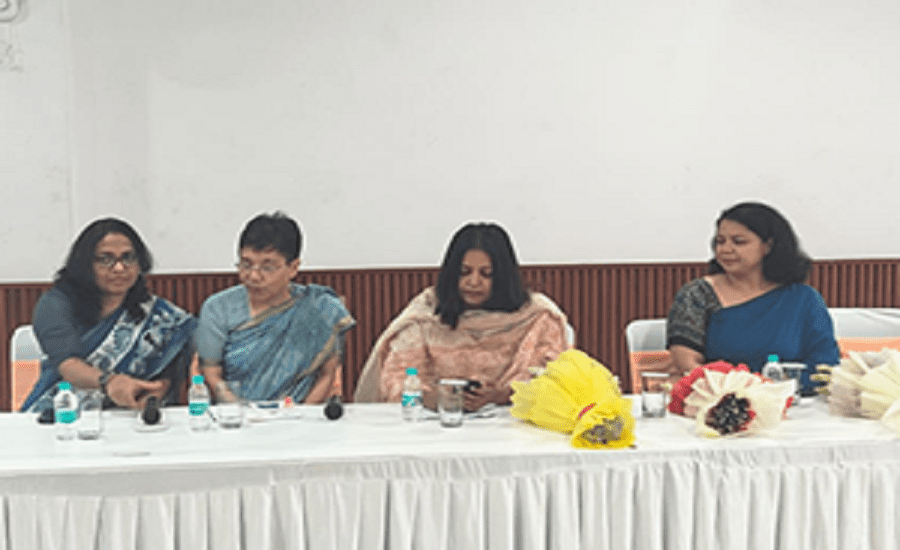New Delhi: In a landmark move that marks a pivotal moment in India’s civil services history, the Indian Forest Service (IFS) Association has elected an all-women National Executive Body for the first time. This historic decision was made during the Association’s recent General Body Meeting, making IFS the first among the 36 organised civil services associations in India to be led entirely by women at the national level.
Breaking New Ground in Gender Representation
The newly elected leadership team comprises distinguished officers–
- Jyotsna Sitling – Patron
- Anita Karn (1997 batch, Gujarat cadre) – President
- Monalisa Dash (2003 batch, Sikkim cadre) – Secretary General
- Dr. Surbhi Rai (2005 batch) – Joint Secretary
- Suveena Thakur (2014 batch, HP cadre) – Treasurer
- Chestha Singh (2018 batch) – Literary Secretary
Their election represents not just individual excellence but a collective stride towards inclusive governance and gender-balanced leadership within the country’s administrative framework.
A New Chapter in Civil Service Leadership
With around 36 organised civil services associations functioning in India, the IFS Association’s move to elect an all-women national executive team is a first-of-its-kind achievement. It highlights the evolving gender dynamics in Indian governance and public administration.
This step is seen as a symbol of progress, where competence, vision, and leadership transcend gender stereotypes.
IFS: Guardians of India’s Green Future
The Indian Forest Service, a crucial arm of India’s All India Services, plays a key role in the management and protection of forests, biodiversity, wildlife, and the environment. Its officers are on the frontlines of the country’s conservation efforts, environmental sustainability, and the push for a green economy.
With environmental issues becoming central to development discourse, the emergence of a diverse and dynamic leadership in IFS assumes even greater significance.
Setting a Precedent for All Civil Services
This all-women executive team is a source of pride for the entire IFS fraternity and a milestone moment for Indian civil services as a whole. It serves as a powerful example of gender inclusivity and progressive leadership, likely to inspire other civil service associations to follow suit.
By putting women at the helm of one of India’s most vital services, the IFS Association is not just making history – it is shaping the future.






























